VietNamNet introduces the opinion of Dr. Hoang Ngoc Vinh, former Director of the Department of Vocational Education, Ministry of Education and Training.
On June 20, Ha Tinh University announced that it will classify as not completing the task lecturers who do not commit to doctoral training (master's for lecturers with bachelor's degrees).
Then, on June 27, the school issued a decision to evaluate and classify the quality of units, civil servants and contract workers for the 2023-2024 school year. Of the total 276 civil servants and contract workers working at the school, 11 people did not complete their tasks.
Among them, there are 9 people who are eligible to study for a doctorate in 2023, but these lecturers did not sign a commitment to study for a doctorate.
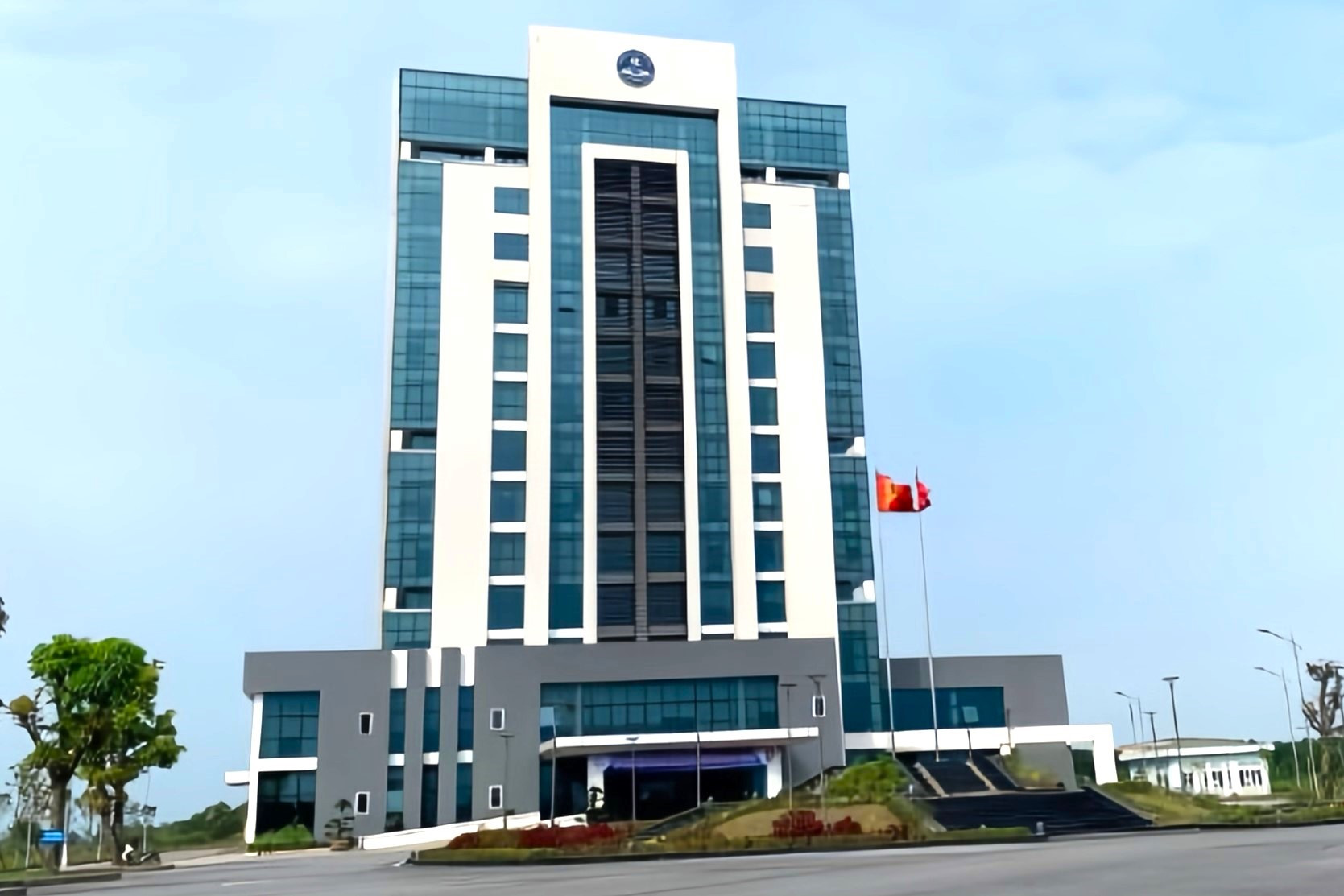
According to the 2018 revised Law on Higher Education, university lecturers only need to meet the requirements of a master's degree or higher, appropriate to the job position, industry or major taught. If based on the Law on Higher Education, what Ha Tinh University is implementing (classifying lecturers who do not commit to doctoral training as not completing their tasks) is not appropriate.
According to general regulations, having a master's degree is enough to ensure university teaching standards. Maybe the school wants to develop more, according to internal regulations, it can issue such regulations, but it also needs to follow the general framework of the state. When only issuing regulations, assigning tasks but not creating conditions for subordinates to complete the tasks is not suitable with the principle of assigning work of the leader; or an internal regulation really needs the consensus of lecturers to ensure the feasibility of the regulation.
When setting requirements, schools need to consider context and other factors to avoid imposing rigidity. This story shows that even when the goal is to aim for higher standards, there is still rigidity.
Ha Tinh University in particular and other local universities in general have had difficulty recruiting students and good lecturers.
Talented people do not necessarily want to become lecturers at a local university, and if the income is not high, where can we find many talented lecturers with doctoral degrees? This is a big challenge for the school. Not to mention, Ha Tinh University originally developed from a pedagogical college merged with a technical economic secondary school. Therefore, it is necessary to recognize the actual research capacity of the team.
When the policy still has shortcomings, if Ha Tinh University implements it too 'strictly', it may lose experienced lecturers... Because lecturers are generally self-respecting people, and they live in an academic area, they will find it difficult to accept doing it in a formal, insubstantial way as is often seen with many other doctoral theses. It is a fact that not all lecturers are capable of doing a doctorate. That is not even taking into account the cost factor in the process of doing a doctoral research. With economic difficulties and salaries not being much compared to the costs, it is also difficult to force them to participate in doing doctoral research. If a regulation is issued to ensure feasibility, the school and locality need to consider what solutions are available to support lecturers in terms of funding and mechanisms.
Currently, the Ministry of Education and Training has issued a Circular regulating training program standards with 3 types of programs: research-oriented, application-oriented, and career-oriented. Ha Tinh University originally came from a professional school (pedagogical college and intermediate school), so the application-oriented and career-oriented programs are suitable. Thus, the lecturer's master's degree is also okay, if they are proficient in teaching at the university level. In other words, the requirement for lecturers to have a doctorate degree in research-oriented programs should be mandatory, while the remaining two types of programs can be flexibly accepted.
Training institutions should evaluate the completion of tasks based on the actual ability and work results of lecturers rather than focusing only on degrees. Therefore, it is necessary to consider resolving the matter by adjusting regulations. Instead of classifying lecturers as not completing their tasks for this reason, there should be forms of encouragement, financial support or creating more favorable conditions for lecturers to study for a doctorate. There should be good treatment and working environment such as improving welfare regimes, working environment and policies to support lecturers to retain competent lecturers. This includes providing financial support for lecturers who wish to study for a doctorate, as well as improving working conditions and other treatment regimes.
Along with that, there needs to be a comprehensive evaluation mechanism. For example, building a system to evaluate lecturers based on many different criteria such as teaching quality, scientific research (note that not all lecturers with a doctorate can do research), and contributions to the school and students, instead of just relying on degrees. Create conditions for lecturers to participate in continuing education and professional development programs without necessarily having to reach the doctoral level. This could include short courses, seminars, and collaborative research activities.
The school needs to have flexible measures, increase human resource training while sharing and cooperating with a number of other universities. The pressure from not having enough PhDs may make it difficult to open majors, but the school can also recommend the Ministry of Education and Training to create conditions and mechanisms to lower the standards for lecturers with PhD degrees when opening majors for career-oriented or application-oriented programs, instead of putting pressure on lecturers. When the school develops to a more stable stage, with sufficient material resources and many research-oriented programs, having lecturers with PhD degrees will then become the lecturers' own goal.
Thanh Hung (Written)
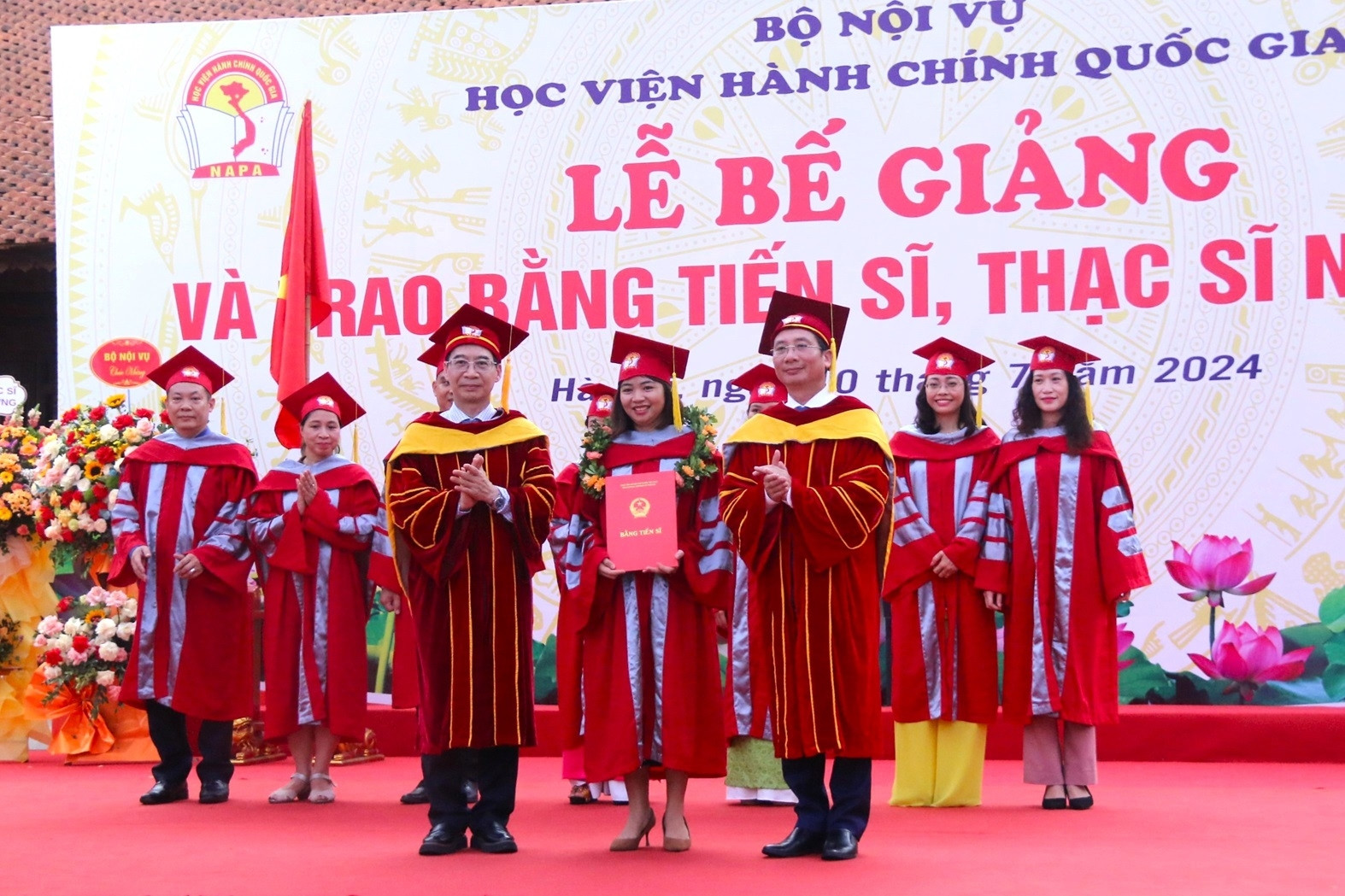
'Scientific research is an arduous journey'
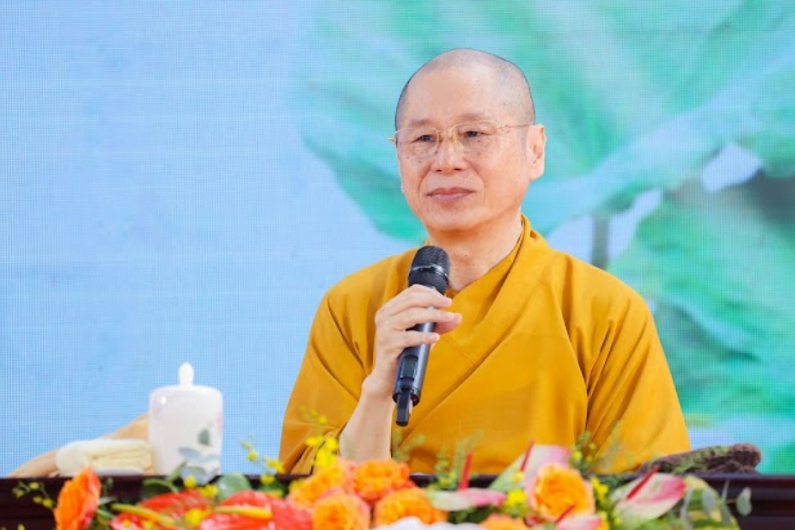
'The case of Venerable Thich Chan Quang completing his doctoral studies is very rare'
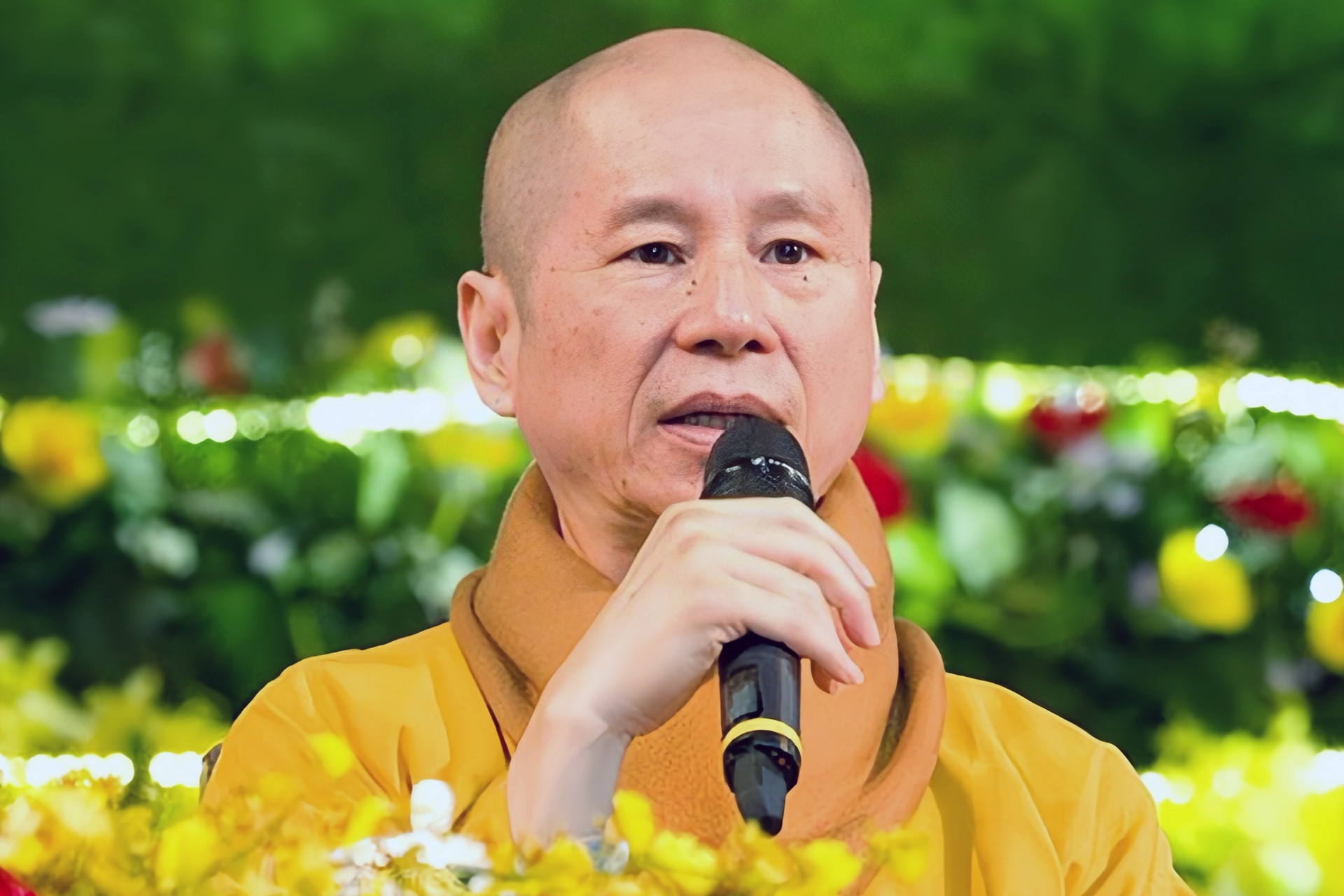
Hanoi Law University clarifies the process of granting a doctorate degree to Venerable Thich Chan Quang
Source: https://vietnamnet.vn/giang-vien-dh-ha-tinh-bi-xep-khong-hoan-thanh-nhiem-vu-vi-chua-hoc-tien-si-2300632.html


![[Photo] Prime Minister Pham Minh Chinh meets with US business representatives](https://vphoto.vietnam.vn/thumb/1200x675/vietnam/resource/IMAGE/2025/5/13/5bf2bff8977041adab2baf9944e547b5)

![[Photo] President Luong Cuong attends the inauguration of the international container port in Hai Phong](https://vphoto.vietnam.vn/thumb/1200x675/vietnam/resource/IMAGE/2025/5/13/9544c01a03e241fdadb6f9708e1c0b65)



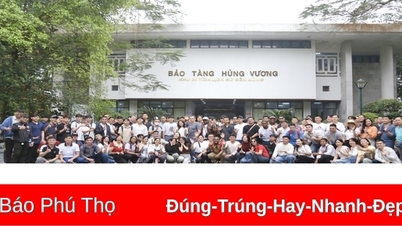

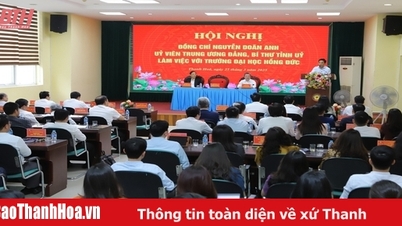









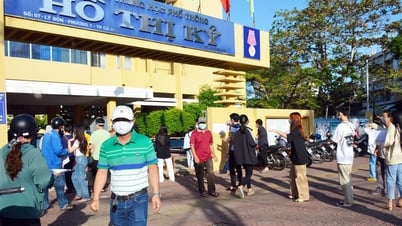


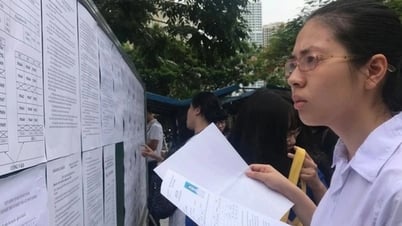






























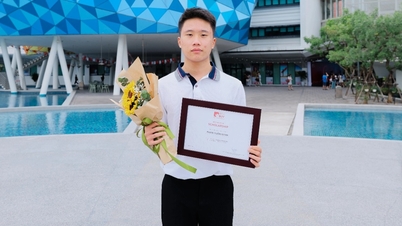





























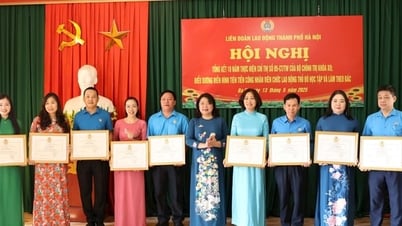

















Comment (0)